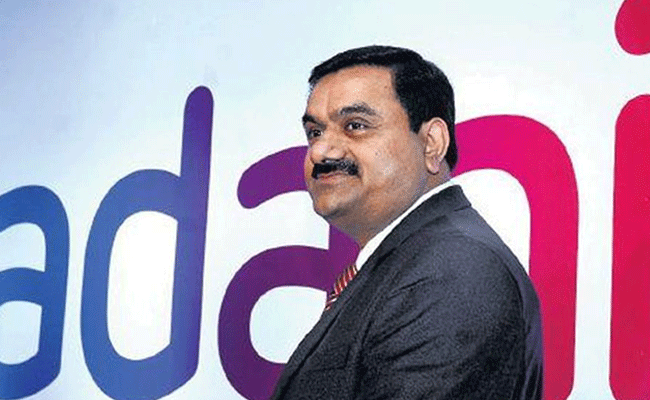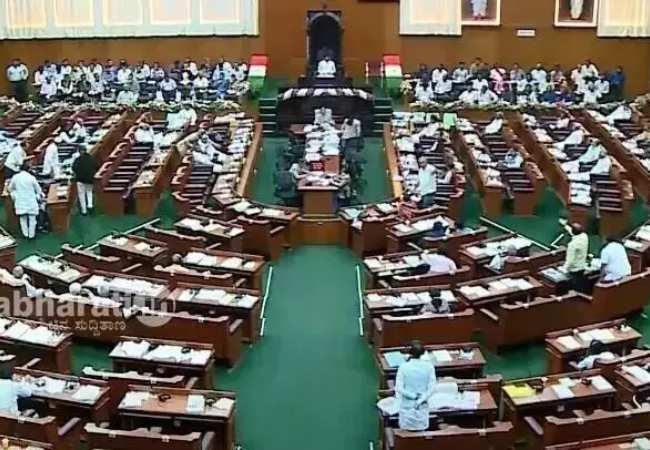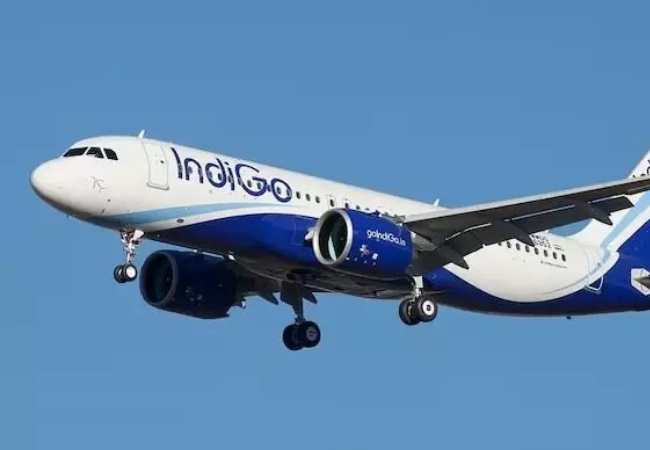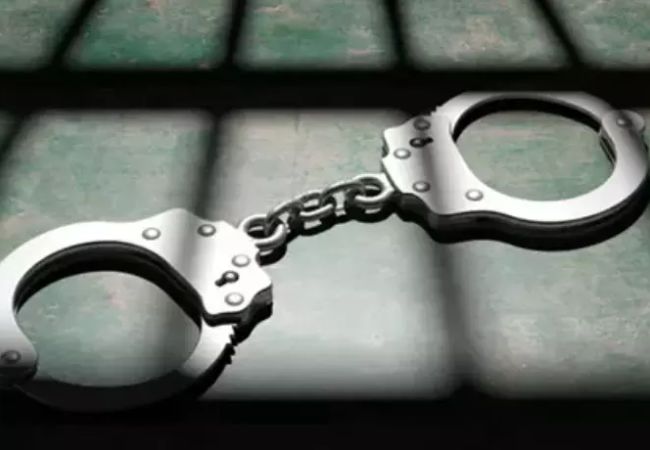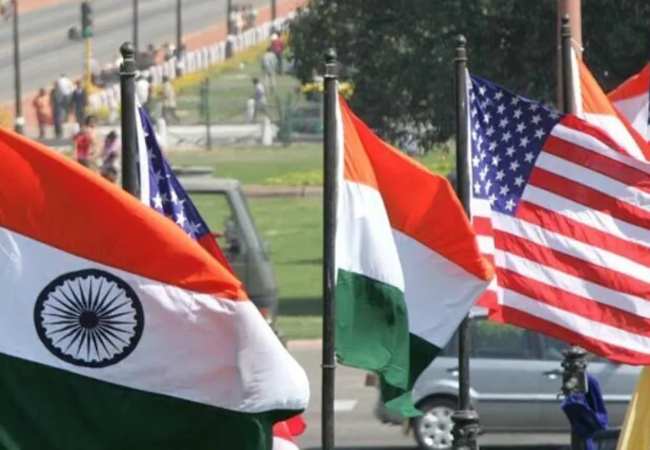The Adani Conglomerate's recent downfall has sent ripples through India, leaving both investors and citizens stunned. The controversy, sparked by a short seller attack on the conglomerate, raises significant questions about the country's appeal as a destination for global investment. Gautam Adani, head of the Adani empire, now finds himself facing his toughest challenge yet as an American investment firm accuses the Indian conglomerate of fraud and stock manipulation. Despite Adani's attempts to stabilize the company's falling shares and bonds, the American short seller's actions have created a storm in the Indian economy, leading to a general lack of trust among investors in Indian companies and tarnishing the country's reputation as a secure investment hub.
India's ties with the Adani Group have been under public scrutiny for some time now. The conglomerate, founded by Gautam Adani, has long had a close relationship with the Indian government, having been awarded a number of large-scale infrastructure projects and licences. Recently, Adani's fortunes have taken a turn for the worse, with the company facing a number of legal and financial setbacks.
The most pressing of these is the NCLAT order that Adani Power must pay nearly Rs. 3,000 crore to the lenders of its group company, Coastal Gujarat Power Limited (CGPL). This ruling could lead to the bankruptcy of Adani Power, leaving the government in a difficult position, as the company's failure could threaten India's energy security.
The collapse of Adani's control over the airport has left a lot of questions unanswered about the future of the airport. While the airport was highly successful under Adani's control, the decision to revoke their control has left many wondering how the airport will fare in the coming years. It is likely that a new company will take over the airport, however the specifics of their operations are yet to be determined.
The biggest concern for many is the potential for a decrease in service quality and the loss of jobs. Without Adani's influence, it is unclear how the airport will be managed, what the cost of running it will be, and what services will be provided. This uncertainty makes it difficult for people to confidently invest in the airport or to trust its management.
Overall, Adani's departure from the airport poses a great challenge to the future of the airport. With careful planning and close cooperation between the government and other stakeholders, the airport can remain successful and beneficial to the community. Moreover, the Adani Group is heavily reliant on government contracts, and the same is true of many of its subsidiaries. The failure of the Group could therefore have a domino effect on other companies, leading to job losses and a decrease in investment levels. This, in turn, could have a negative effect on the country's economic growth.
At the same time, the Adani Group's troubles could also have an impact on India's security. For one, the Group has a number of investments in defence-related projects, such as the Siachen base camp, and the failure of these projects could have serious implications for India's defence preparedness. Additionally, the Adani Group is closely tied to the Indian government and its actions could affect the government's decision-making process.
In short, the Adani Group's fall is not only a financial setback, but could also pose a threat to India's national security. The government must therefore be mindful of the Group's troubles and take appropriate steps to ensure that the company's failure does not undermine the country's security.
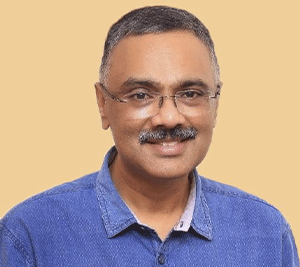
Girish Linganna
Aerospace and Defence Analyst
Let the Truth be known. If you read VB and like VB, please be a VB Supporter and Help us deliver the Truth to one and all.
Belagavi (PTI): The 10-day winter session of the Karnataka Legislature, starting December 8 here, is expected to focus on the Congress leadership tussle, farmers’ grievances, and flood relief.
The unified opposition of the BJP and JD(S) has drawn up a strategy to corner the ruling Congress on multiple issues.
BJP leaders have announced plans to move a no-confidence motion following the leadership row between Chief Minister Siddaramaiah and his deputy D K Shivakumar.
Siddaramaiah has asserted that he will complete the full five-year term, while Shivakumar has claimed he was promised the chief ministership midway through the Congress government’s tenure.
The power tussle intensified after the government completed two-and-a-half years on November 20.
Following a war of words on social media, the two leaders later presented a united front through ‘breakfast diplomacy’. However, the fight is far from over, as the party's high command held a meeting in New Delhi on Saturday to discuss the issue in detail.
Congress general secretary K C Venugopal told reporters in Delhi on Saturday that the party had discussed Karnataka and that further meetings are expected. Law and Parliamentary Affairs Minister H K Patil said on Thursday that the government has not received any notice of a no-confidence motion from the opposition.
Farmers’ protests have given the opposition additional ammunition to target the government.
About a month ago, sugarcane growers staged an unprecedented strike, blocking roads to demand Rs 3,500 per tonne against the state government’s offer of Rs 3,200 per tonne.
Chief Minister Siddaramaiah sought the Centre’s intervention, citing flaws in the Fair and Remunerative Price (FRP), which remains frozen at Rs 31 per kilogram, leaving mills unable to pay farmers.
He urged Prime Minister Narendra Modi to revise the sugar MSP, ensure mills can pay farmers, provide assured ethanol offtake for Karnataka distilleries, and issue a central notification for handling and transportation costs to enable transparent, farmer-friendly pricing.
To calm the agitating farmers, the state government offered an additional Rs 100 per tonne, shared equally by the state and mills, raising the net cane price to Rs 3,200-3,300 per tonne.
After the sugarcane strike, maize growers have also protested, demanding procurement at Rs 3,000 per quintal.
The current MSP is Rs 2,400 per quintal, and farmers are seeking a Rs 600 bonus. Ahead of the session, the state government announced increasing maize procurement from 20 quintals per farmer to 50 quintals at Rs 2,400 per quintal.
The session will also see the tabling of 21 bills, including measures to check hate speech and hatred crimes, a law against misinformation, the Daily Wage Employees Welfare (Amendment) Bill, and the Karnataka Social Boycott (Prevention, Prohibition and Redressal) Bill.
Other key bills include the Karnataka Scheduled Castes (Sub-Categorisation in Reservation) Bill, the Karnataka Domestic Workers (Social Security and Welfare) (Amendment) Bill, and the Karnataka Apartment Ownership (Regulation) Bill.
Law and order issues may also come up during the session in light of recent incidents of robbery and dacoity across the state.

